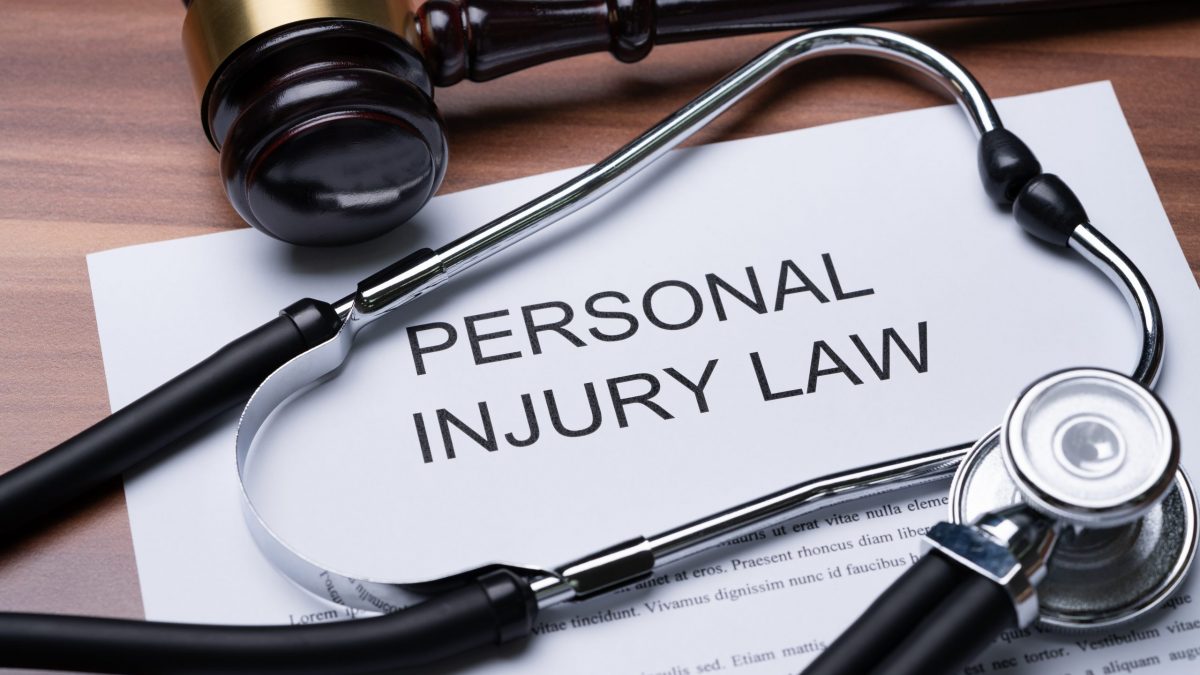
Raab to Resign? An Analysis of our Constitutional Conventions
September 29, 2021
British Inter-University Commercial Awareness Competition – the largest commercial awareness competition for law students in the UK!
October 2, 2021As a law student, you may not know the nuances between a personal injury lawyer and workers’ compensation lawyer. The good news is that you can be both!
There are many lawyers and law firms that practice both personal injury law and workers’ compensation law. The two areas of practice are often paired together because they both deal with injured people. However, there are significantly different sets of laws and rules of procedure for each area. According to Harris Law Firm Injury Lawyers, the type of client compensation is different, along with the amount of attorney fees you can normally charge. As a law student, you can use other law firms as examples to learn the difference between the two types of lawyers.
What Is Workers’ Compensation?
If you’ve never suffered injury at work, you may not know too much about your state’s workers’ compensation system. All states have a system in place that helps workers who have been injured on the job. If the injury requires medical treatment, then the employer’s workers’ compensation insurance company pays the medical bills. If the injury prevents the employee from working, then the insurance company must pay lost wages. With some claims you don’t need representation, but there are many cases where a work comp lawyer is essential.
An administrative law system handles the disputed claims. Litigated workers’ compensation claims go in front of workers’ compensation judges. At a hearing, both parties present evidence and question and cross-examine witnesses. Then the judge makes a determination, just like with any jury trial. So even though workers’ compensation is less formal, lawyers still have to understand the rules of evidence and procedural rules. For individuals navigating this process, consulting with an experienced Orange County workers compensation attorney can ensure that all legal protocols are followed and that the case is presented effectively.
The notion of “fault” has no place in workers’ compensation claims. No matter who caused the accident or who was at fault, injured workers can still receive benefits. Even careless employees are entitled to benefits.
What’s a Personal Injury Case?
A personal injury case is where someone was negligent and caused injury to someone else. A state’s tort laws control these types of cases. Unlike workers’ compensation claims, personal injury cases specifically deal with fault. To be successful, a personal injury plaintiff has to demonstrate by a preponderance of the evidence the elements of negligence:
- The defendant had a duty,
- That duty was violated or breached, and
- The breach of the duty was the direct and proximate cause of the damages incurred.
Typical personal injury cases involve automobile accidents, medical malpractice, slip and falls, defective products, and other claims where someone suffered injury. Personal injury claims are litigated in civil court, either state or federal. Usually, juries make the decisions on fault as well as the type and amount of damages that should be awarded.
What Are the Types of Damages in Personal Injury Cases?
Personal injury plaintiffs can seek damages for unpaid medical bills and lost wages, just like in workers’ compensation claims. However, you can also request compensation for the pain and suffering you have experienced due to the injuries. You can also seek damages for the “loss of life’s pleasures” and how the injury affected your enjoyment of life. These types of noneconomic damages are not available through workers’ compensation claims.





